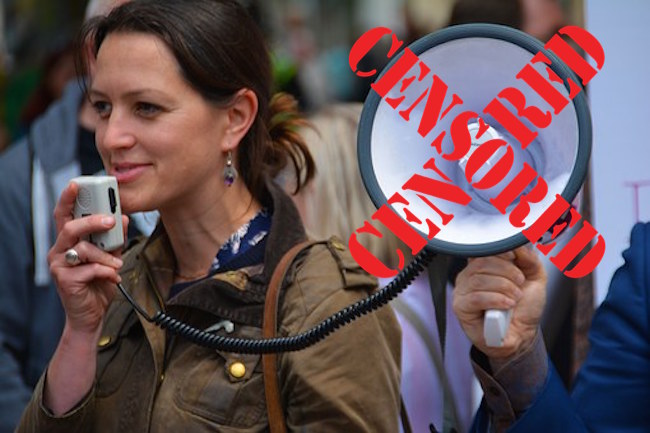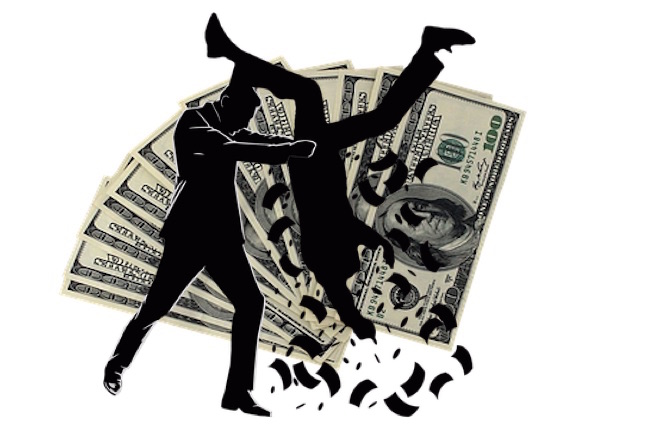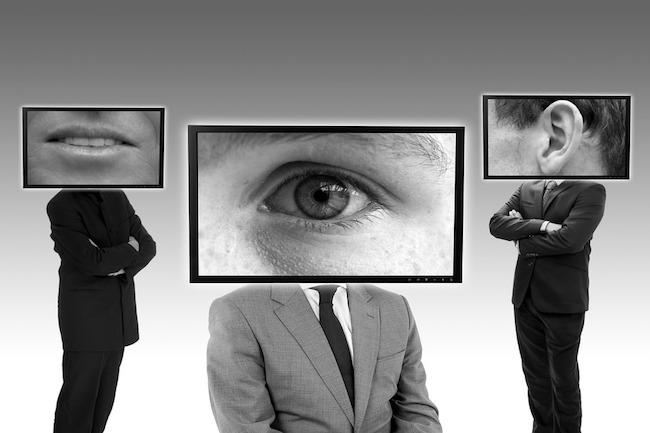A Soviet Dissident Explains American Censorship by Barry Brownstein for American Institute for Economic Research
Many consider Vasily Grossman’s Life and Fate to be the greatest Russian novel of the 20th century. A searing portrait of Stalinist Russia, Life and Fate on its very first page exposes the bitter truth about authoritarianism: “Everything that lives is unique. It is unimaginable that two people, or two briar-roses, should be identical … If you attempt to erase the peculiarities and individuality of life by violence, then life itself must suffocate.”
As a war correspondent, Grossman was noted for his bravery. Grossman was on the frontlines during the defense of Moscow and the battle for Stalingrad. Grossman was there too, at the aftermath of Babi Yar and Treblinka.
Robert Chandler is Grossman’s translator. Chandler traces the emergence of a powerful voice against totalitarianism to Grossman’s early novels.
Support Our Site

Now is your chance to support Gospel News Network.
We love helping others and believe that’s one of the reasons we are chosen as Ambassadors of the Kingdom, to serve God’s children. We look to the Greatest Commandment as our Powering force.
Chandler writes that “in 1932 [the writer Maxim] Gorky criticized a [Grossman] draft for ‘naturalism’ – a Soviet code word for presenting too much unpalatable reality.” Gorky suggested to Grossman that “The author should ask himself: ‘Why am I writing? Which truth am I confirming? Which truth do I wish to triumph?’”
The “truth” Gorky is referring to is, of course, the belief that Stalin’s brand of communism is the supreme way to organize society.
By 1938, Grossman had written stories about Stalin’s purges, the constant arrests, and denunciations that terrorized Soviet society. Those stories were not published until the 1960s.
Important for readers today, Life and Fate exposes the mindset that justifies the distortion of truth and the suppression of alternative views to serve totalitarian ends.
In 1960, Grossman believed that under Khrushchev, Life and Fate could be published. He was wrong. Chandler reports, “In February 1961, three KGB officers came to the flat to confiscate the manuscript and any other related material, even carbon paper and typing ribbons. This is one of only two occasions when the Soviet authorities ‘arrested’ a book rather than a person; no other book, apart from The Gulag Archipelago, was ever considered so dangerous.”
Soviet and American Censors
In Life and Fate, Grossman reveals the thinking of censors who justified hiding reality by their omissions and bending truth with their lies.
In Life and Fate, the character Sagaydak works in the propaganda department of the Ukrainian Central Committee and is an editor of one of Kiev’s newspapers. The censor’s mindset is revealed as Sagaydak “considered that the aim of his newspaper was to educate the reader – not indiscriminately to disseminate chaotic information about all kinds of probably fortuitous events.”




